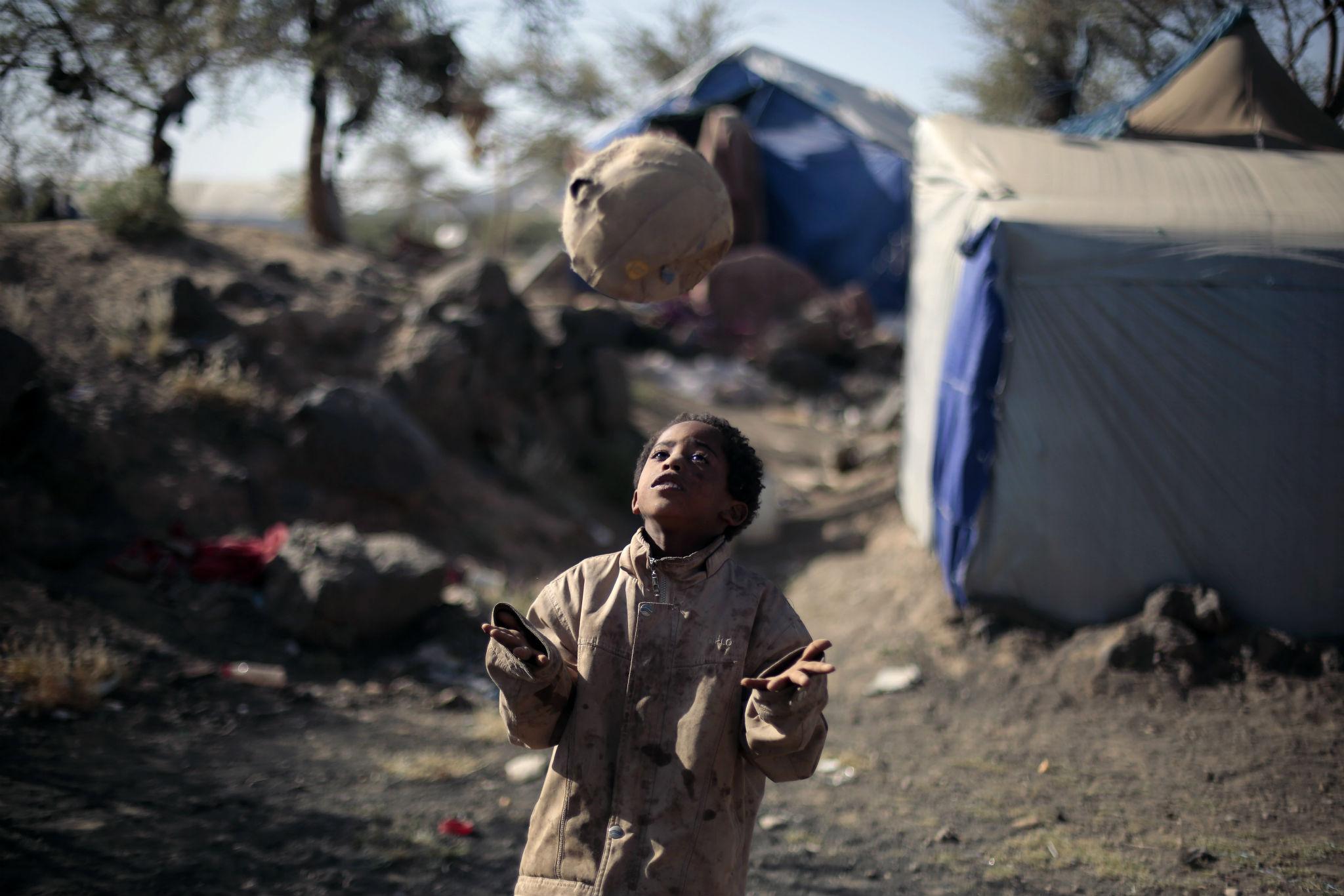UN chief says he removed Saudi Arabia from damning human rights report under 'undue' financial pressure
Ban Ki-Moon said the decision was 'one of the most painful and difficult' he has had to make as Secretary General
The United Nations Secretary General excised the Saudi-led coalition fighting in Yemen from an annual UN register of children’s rights violators, after the middle-eastern country and its coalition partners threatened to cut off crucial funding to the world body.
Ban Ki-Moon said the removal of Saudi Arabia from the list was “one of the most painful and difficult decisions” he has had to make as Secretary General, describing the pressure the Arab nation had exerted on the UN as “unacceptable”.
His admission came after the coalition – which comprises the Saudis, UAE, Bahrain, Kuwait, Qatar, Egypt, Jordan, Morocco, Senegal and Sudan – was cut from the appendix of the UN’s annual Children and Armed Conflict report, to the dismay of human rights groups.
The appendix lists those countries that have violated children’s rights over the preceding 12 months. UN Investigators found that the Saudi coalition was to blame for the deaths of more than half of the 510 children killed in the conflict in Yemen last year.
The Arab coalition began its campaign in Yemen in March 2015, against Iranian-backed Houthi rebels and supporters of the country’s former President, Ali Abdullah Saleh. The UN claims around 6,000 people have died in the conflict to date.
Mr Ban suggested Saudi Arabia, which is one of the biggest donors to the international organisation’s humanitarian efforts, had threatened to cancel its funding to the UN unless it was removed from the list of rights violators.
The Saudis pushed back against the accusations. “We did not use threats or intimidation and we did not talk about funding,” the kingdom’s UN ambassador, Abdallah Al-Mouallimi, told reporters, adding: “It is not in our style, it is not in our genes, it is not in our culture to use threats and intimidation. We have the greatest respect for the United Nations institution.”

The international advocacy group, Human Rights Watch, said in an open letter to the Secretary General that it was “shocked” by the decision to cut Saudi Arabia from the reprort’s “list of shame”. But Mr Ban said he was forced to consider “the very real prospect that millions of other children would suffer grievously if, as was suggested to me, countries would defund many UN programs.”
Without naming Saudi Arabia specifically, Mr Ban said children in “Palestine, South Sudan, Yemen and so many other places” stood to be affected if such programmes had to be cut. “It is unacceptable for member states to exert undue pressure,” he went on. “Scrutiny is a natural and necessary part of the work of the United Nations.”
Join our commenting forum
Join thought-provoking conversations, follow other Independent readers and see their replies
Comments